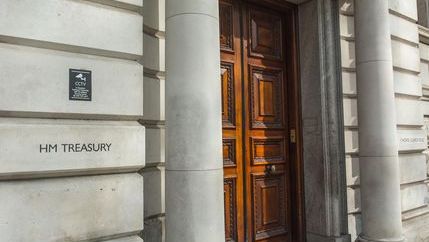
Agents should be aware of the changes that are expected because they may be required to complete verification checks on the information that the overseas entity intends to provide to Companies House. This includes information about the entity’s beneficial owners and/or managing officers.
Address information
Currently, the overseas entity or a corporate beneficial owner or managing officer must provide its ‘registered or principal office’. This has been amended so that the corporate entity must provide its ‘principal office’ and not its registered office. This is to bring the Register of Overseas Entities rules in line with the updated rules under the Companies Act 2006.
Land Information
Overseas entities must now disclose the title number (or equivalent in Northern Ireland or Scotland) of all qualifying estates where the overseas entity is the registered owner, and this information will need to be verified by a UK regulated agent.
Greater transparency for land-owning trusts
ECCTA has expanded the data required in relation to trusts and the UK Government is now consulting on the amount of information that should be made public when a trust is involved in the ownership structure of UK land.
The extra details that must now be provided include:
- Registerable beneficial owner of a settlor or grantor
- Trustees and Trusts now always disclosable
- Private Corporate Trustees now disclosable
- Registerable Beneficial Owners of Corporate Trustees now disclosable
- Disclosure of changes in beneficiaries
Greater public access to information about beneficial ownership can help track down those who use UK property as vehicles for money laundering and illicit finance.
Agents have a key role in preventing economic crime
This is important because the sales and lettings sectors, property auctioneers and high value dealers are all attractive targets for those looking to launder money.
The London property market and the wider UK housing market are highly attractive options and are both affected by financial crime. While the property sector remains largely unregulated, and without minimum standards to operate, the industry is vulnerable to attack.
Property bought with laundered money often sits empty, taking homes away from the market that could be used for families and having a further negative impact on the wider community. To maintain integrity in our housing market it is vital to know who the ultimate owner of a property is.
Propertymark campaigning
In our policy paper, Reducing Economic Crime in the Property Sector, published in July 2023, Propertymark recommended that the Register of Overseas Entities be updated in real time with ‘live’ updates so that property agents can legally rely on the information held on the register as part of Customer Due Diligence.
Ahead of a debate in the UK Parliament on 7 December 2023 on the implementation of public registers of beneficial ownership in the UK’s Overseas Territories and Crown Dependencies, Propertymark send a briefing to Members of Parliament.
The debate was led by Dame Margaret Hodge, MP, who reiterated Propertymark’s concerns and said, “we know the role of the overseas territories in preventing us from knowing the actual beneficial owner of property in the UK. Over 70% of the properties in the list of those that we know about are owned by companies registered either in the Crown dependencies or the British Virgin Islands."
"We still cannot identify the beneficial owners of two thirds of those 70%, because they use trusts to hide their identity, and 85%—more than eight out of 10—of those trust arrangements are based in the three Crown dependencies and the BVI.”
Propertymark has long held the view that in order to maintain integrity in our housing market it is vital to know who the ultimate owner of a property is and the UK’s Overseas Territories and Crown Dependencies must open their registers of beneficial ownership.
This would allow property agents to know who is behind companies and stop people being able to hide illicit activities behind them. Gibraltar has already introduced public access to its beneficial ownership register, which is behind a paywall. Others, including the British Virgin Islands, have moved slowly and offered little detail as to when they will make changes.





